Core Areas
- transnational architecture history and theory
- critical heritage studies with focus on Asian context
- entangled modernities in architecture
- the Suzhou garden as a method
- hydraulic societies and settlements
Selected Publications and Practice-Based Research
- Berstrand, T, Djalali, A, Dong, Y, Han, J, Hoskyns, T, Roslan, SB, Wash Ivanovic, G & Westermann, C 2022, ‘A conversation on a paradise on earth in eight frames’, East Asian Journal of Philosophy, vol. 1, no. 3, pp. 95-116.
- Yang, J., Hale, J., & Blackman, T. (2021). How do Buildings Talk? Embodied Experience in the Rolex Learning Centre. arq: Architectural Research Quarterly, 25(1), pp. 83-92.
- Westermann, C 2020, Chinese Landscape Aesthetics: the exchange and nurturing of emotions. in J Kehrer (ed.), New Horizons: Eight Perspectives on Chinese Landscape Architecture Today. Birkhäuser, Berlin, Basel, pp. 34-37.
- Dong, Y (2018) , Painterly Architecture- The Fuchun Cultural Complex, Time + Architecture, 2018(4): 56-79
- Jiawen, Han (2018). China’s Architecture in a Globalizing World: Between Socialism and the market. London: Routledge
- Dong, Y. (2017). Dwelling between Mountain and Water: A return to the traditional Ideal World-The Fuyang Project by Amateur Architecture Studio. In Michael Juul Holm, Kjeld Kjeldsen and Mette Marie Kallehauge (Eds.),The Architects Studio-Wang Shu Amateur Architecture Studio (pp. 129-144). Louisana Museum of Modern Art, Denmark: Lars Müller.
- Dong,Y(2018)The Summer Diary of Jukou- Research Exhibition on the Vernacular Settlement
- Dong,Y, Westermann, C, Brillhart, A, Wortmann, T, Chen, F, Nanayakkara,O, (2019), Seats for Seeing
- Dong,Y (2018/2019/2020),Co-curation of Yanping International Art Harvest
- Nguyen,K (2022) Screening of filmed performance “Auntie’s Tiles” part of ‘3 Mountains’ Research special mention by Jury and International Artist (Verena Stenke & Andrea Pagnes) VestAndPage ‘Cine Plus Performance Art Festival’, Buenos Aries, Argentina 12th November 2022- 1st January 2023




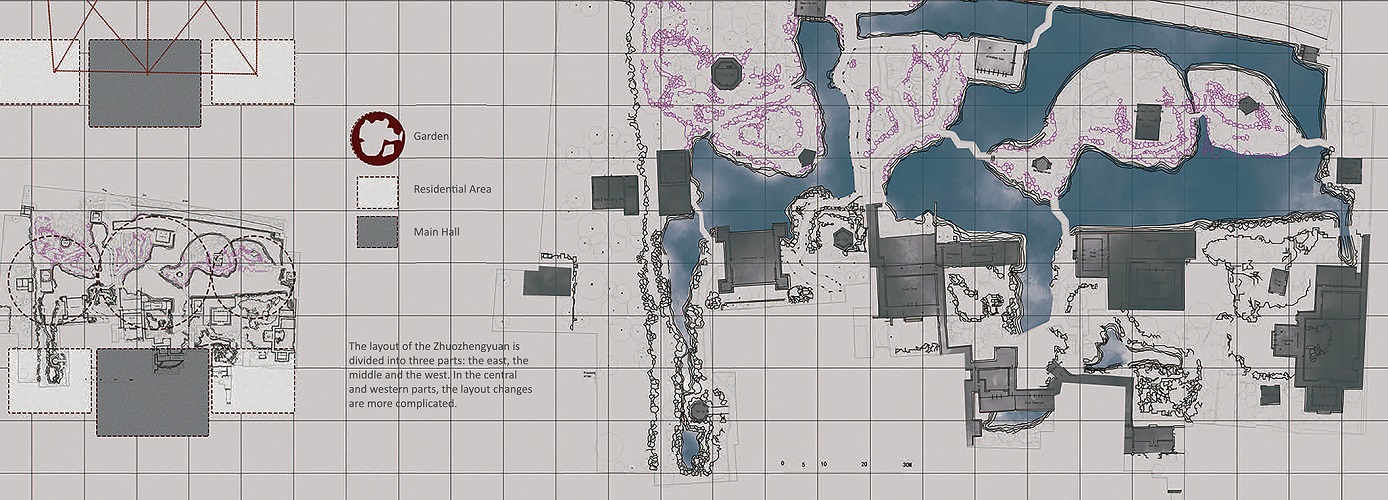

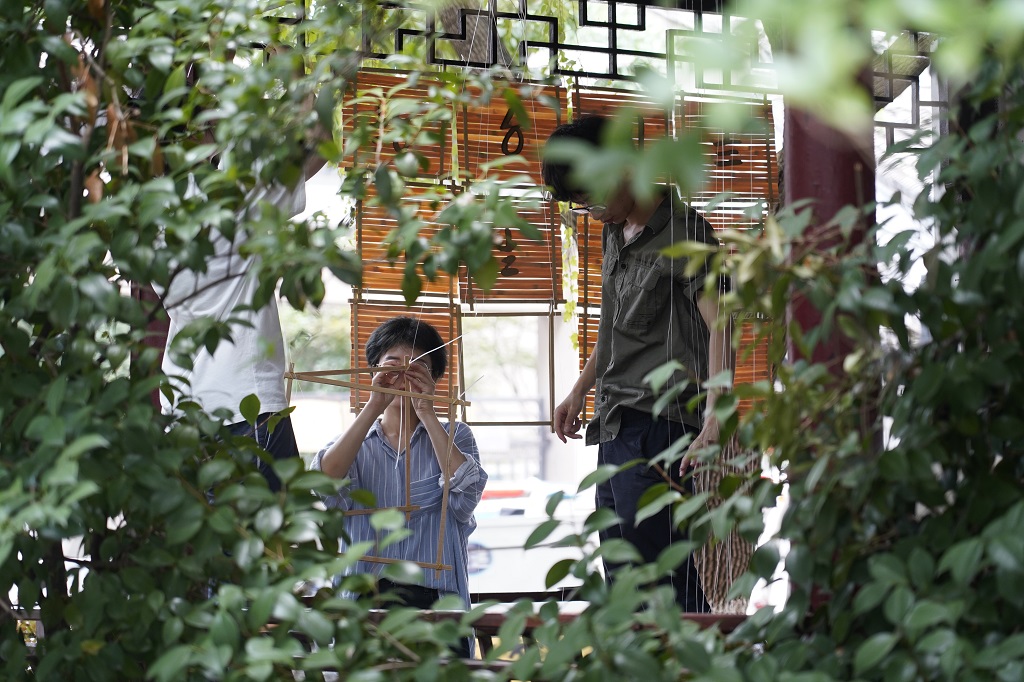
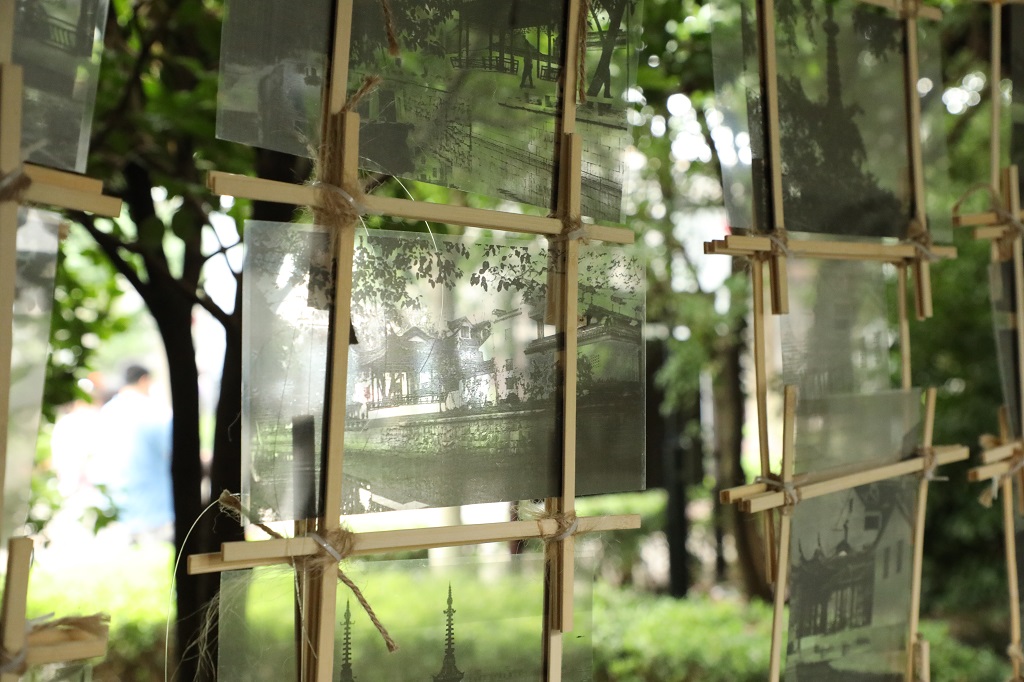
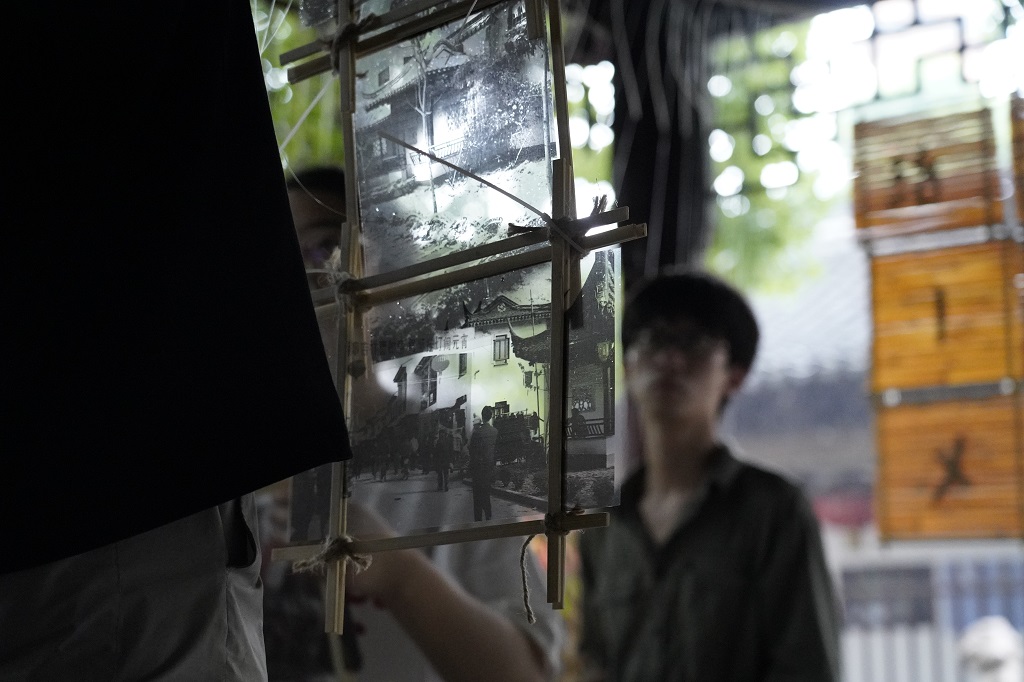
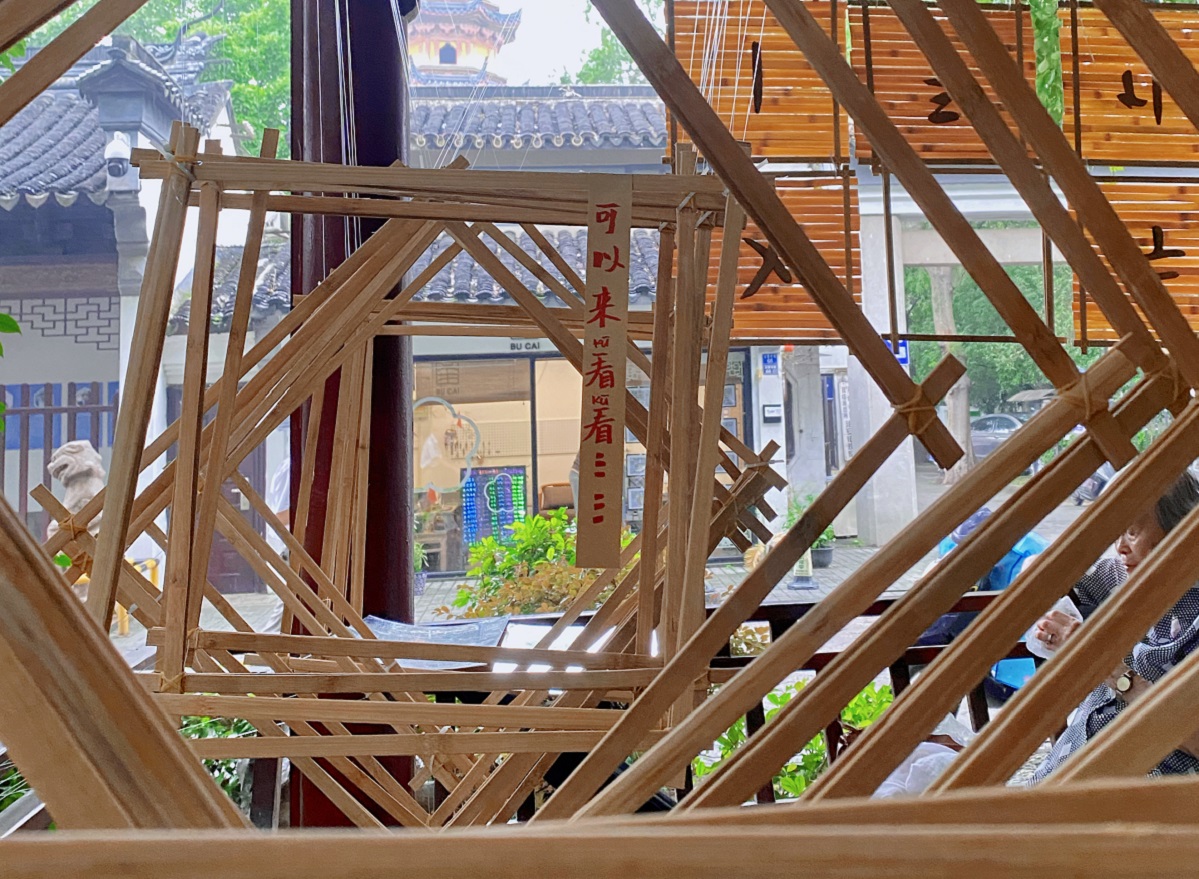
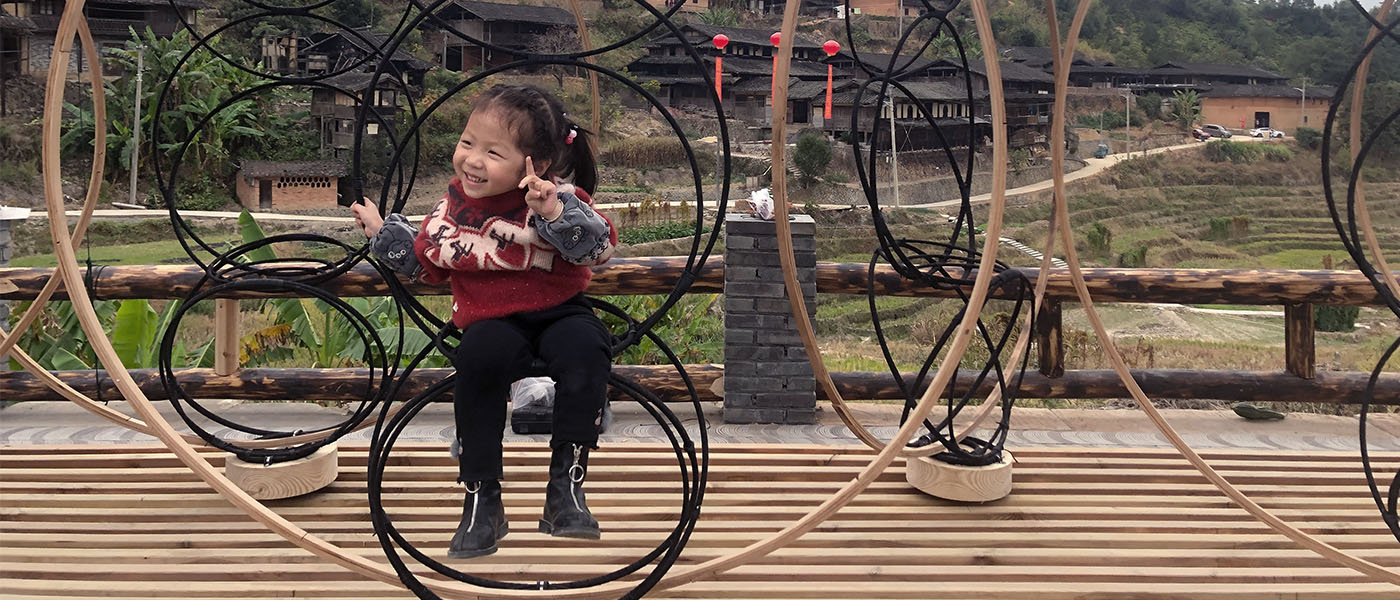
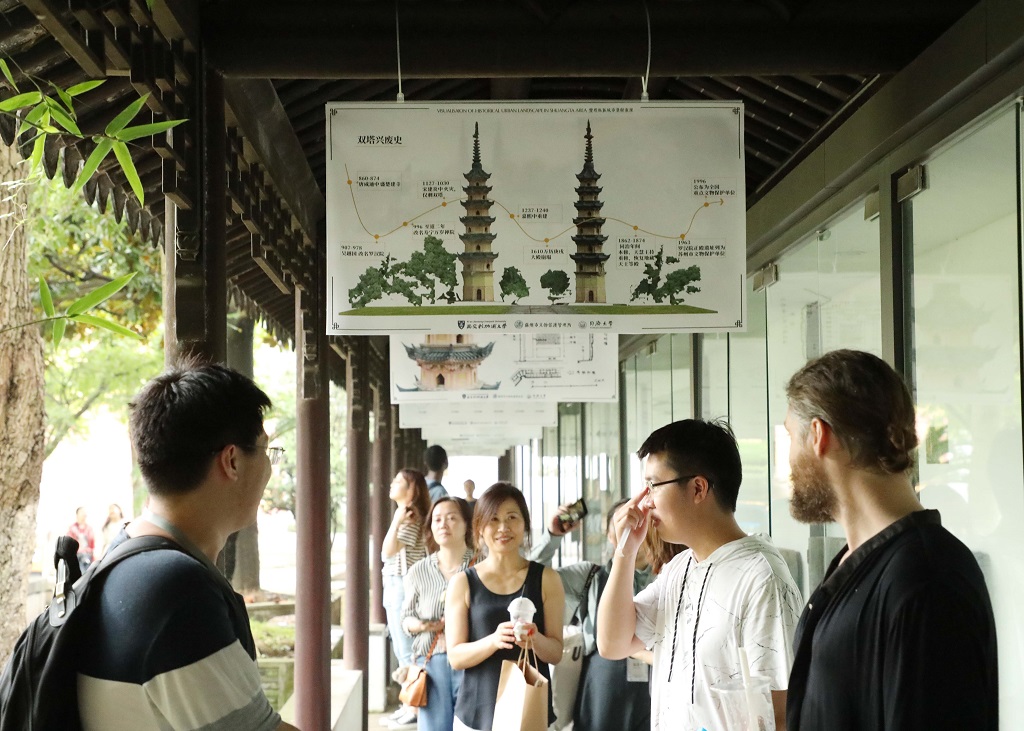
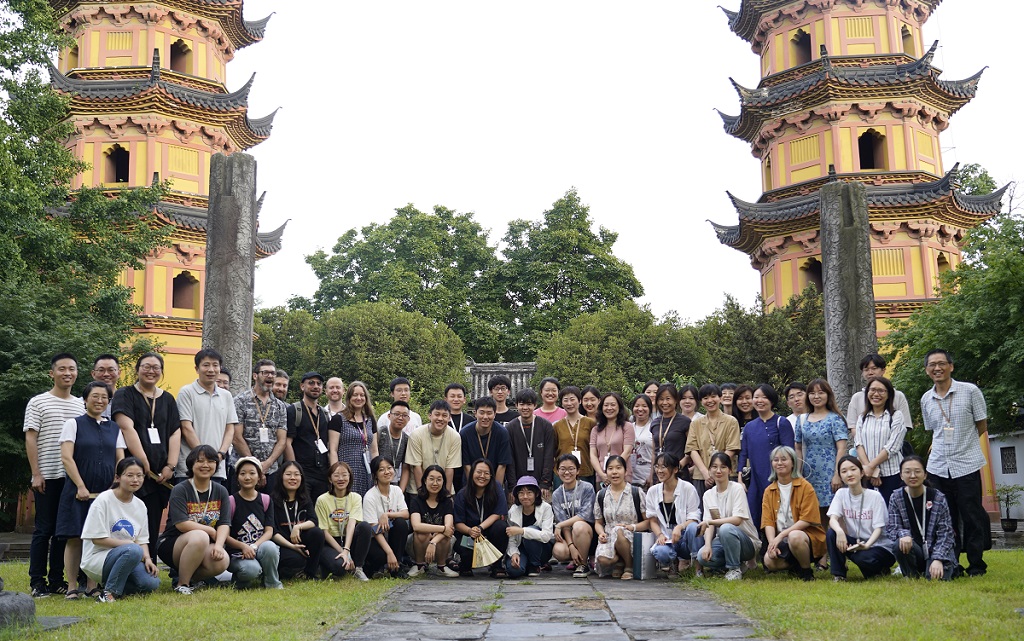


The History, Theory and Heritage (HTH) lab investigates the formation, evolution, analysis, interpretation, narration, conservation, and inheritance of the built environment. The research activities of HTH are variously presented with academic research projects, adaptive design, journal publications, conferences, workshops, installations, exhibitions, art performances, etc. The lab considers history, theory and heritage as three interrelated territories, across and within the boundaries of which new understanding can be generated.
The HTH lab is especially interested in the dynamics of the transnational process in the Asian architectural and urban history context and theorizes this process. The lab’s expertise spans from Urban History, Garden and landscape, Vernacular Architecture, Modern Architecture and Urbanism, Philosophy of Art/ Aesthetics, Critical theory, Embodied Cognition, Heritage Conservation, Architectural Criticism, Critical Heritage, Architectural Poetics, and Post-colonialism Studies. The HTH lab welcomes enquiries from doctoral research projects on these topics and efforts at cooperation from the university, research institute and public sectors.
The collaboration agreements and partnerships include WHITRAP-Suzhou, Suzhou Heritage Conservation Institute, Ruiyisan Urban Heritage Foundation, and the Sapienza University of Rome(under review).